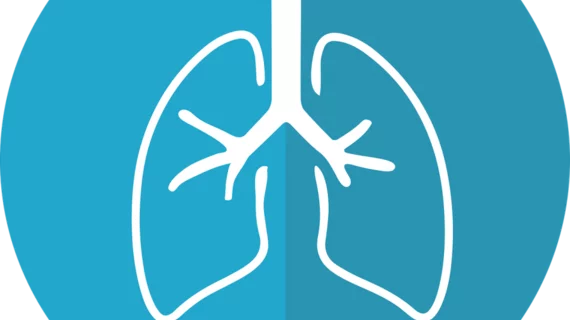Radiofrequency ablation offers longer survival for lung cancer patients
Compared to microwave ablation (MWA), radiofrequency ablation (RFA) achieved better overall survival (OS) rates in lung cancer patients, according to a recent study conducted in China. Both were found to be effective and safe treatment methods.
The authors compiled 53 high-quality studies containing more than 3,400 patients published between 2010 and 2017. Estimating one through five-year survival rates, the group found patients with pulmonary metastases in the RFA group achieved a median OS of nearly 35 months, compared to the 19 month mark seen in the MWA group.
Zhuhui Yuan, of Beijing Ditan Hospital in China, and colleagues noted that although they “conclusively” demonstrated the superiority of RFA over MWA, the four and five-year OS rates included small sample studies and those particular outcomes should be considered with caution.
The group did determine percutaneous RFA and MWA were both effective and safe for treating lung malignancy. Pneumothorax was the most common adverse event after ablation, reported in 34 percent of the RFA group and MWA group. Pleural effusion happened in 10 percent of MWA patients and five percent of those in the RFA cohort. Two deaths occurred among those treated with MWA, no deaths were reported in the RFA group.
“The present meta-analysis demonstrates that RFA and MWA are both effective and safe approaches for treating lung cancer and that RFA confers superior OS rates over MWA,” Yuan et al. concluded. “Likewise, in treating pulmonary metastases, RFA efficacy seems favorable compared with MWA.”
The study was published online Jan. 12 in the Journal of the American College of Radiology.

